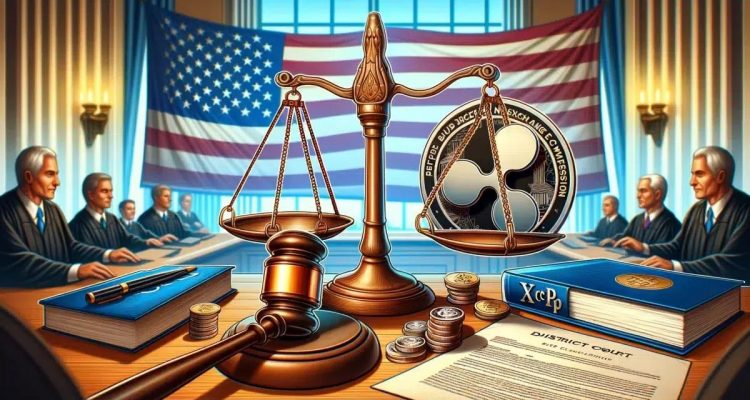
It sounds like you’re referencing recent developments in the legal battle between Ripple Labs and the U.S. Securities and Exchange Commission (SEC) regarding the status of XRP. As of my last update in January 2022, the case was ongoing, with Ripple defending its position that XRP is not a security. However, I don’t have access to real-time news or updates beyond that point. For the latest information on this matter, I recommend checking reputable news sources or the official statements from Ripple Labs and the SEC.
The U.S. Securities and Exchange Commission (SEC) is a government agency responsible for enforcing federal securities laws and regulating the securities industry, including the trading of stocks and bonds. It was established in 1934 in response to the stock market crash of 1929 and the subsequent Great Depression, with the aim of protecting investors, maintaining fair, orderly, and efficient markets, and facilitating capital formation.
The SEC achieves its goals through various means, including:
1. **Enforcement**: Investigating potential violations of securities laws and taking legal action against individuals and companies found to be engaging in fraudulent or deceptive practices.
2. **Regulation**: Creating and enforcing rules and regulations governing the securities industry to ensure transparency, fairness, and investor protection.
3. **Education**: Providing resources and information to investors to help them make informed decisions about investing and understanding their rights and responsibilities.
4. **Oversight**: Overseeing securities exchanges, broker-dealers, investment advisers, and other market participants to ensure compliance with securities laws.
The SEC plays a crucial role in maintaining the integrity and stability of the U.S. financial markets and protecting investors from fraudulent activities. It has broad regulatory authority over various aspects of the securities industry and works to foster confidence in the markets.